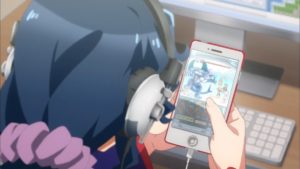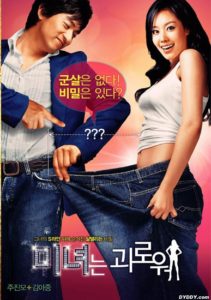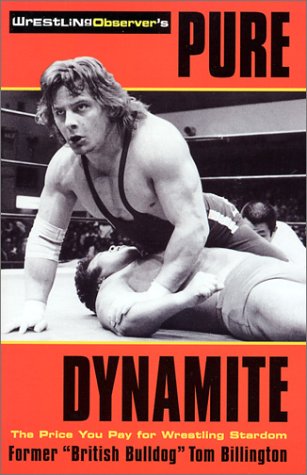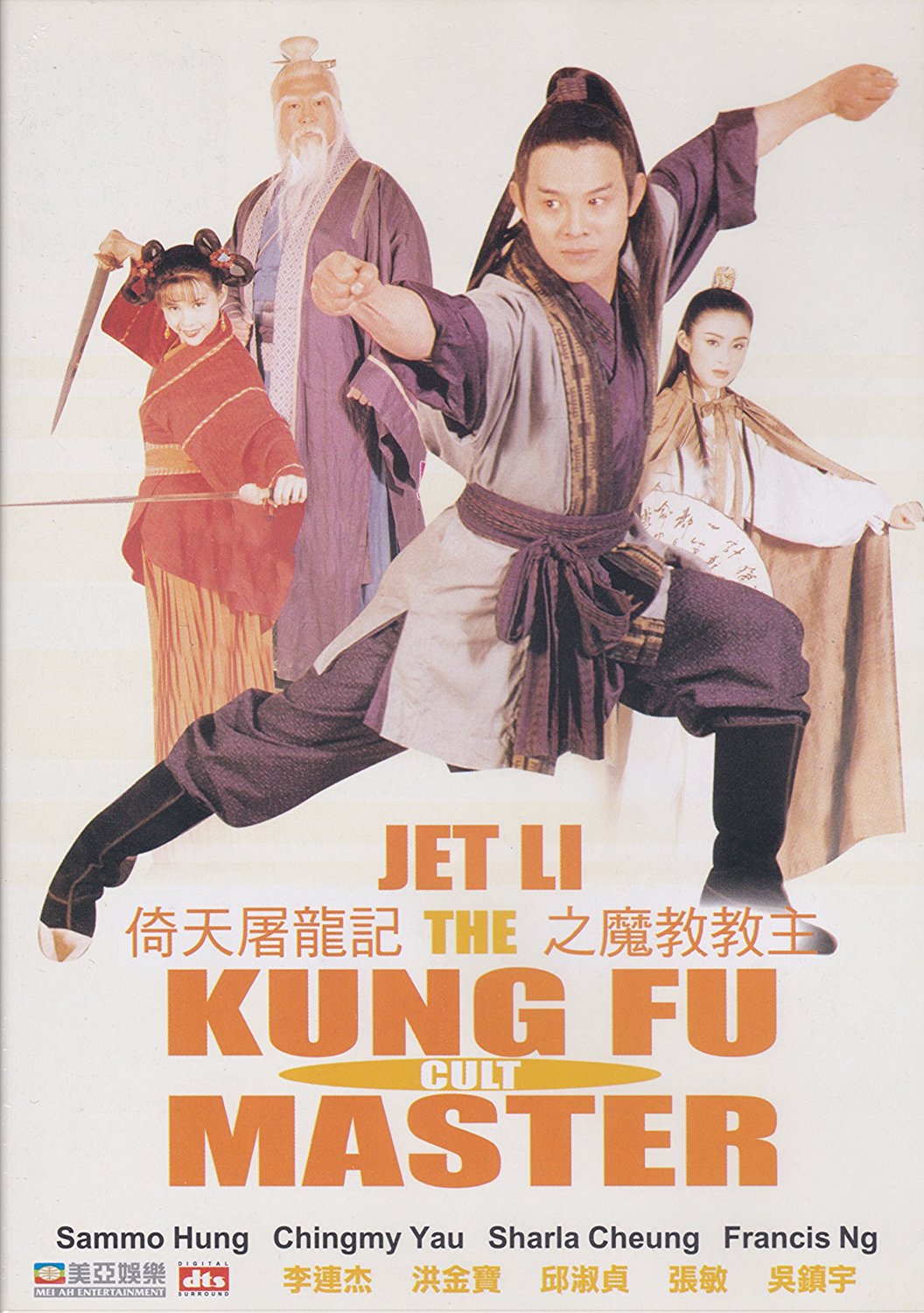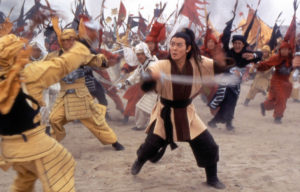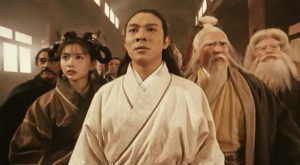I haven’t read a book in several weeks, so to get back in the habit I’m cleaning up random books lying around the house. Pure Dynamite – The Price you Pay for Wrestling Stardom will mainly be of interest to people who are/were fans of professional wrestling in the 70s, 80s and early 90s. If you’re not in that select category, you might want to give this a miss since it’s a not very well-written autobiography of a not very nice person.
Abridged summary
Pure Dynamite is a blow by blow account of the career of Tom Billington, who wrestled solo as The Dynamite Kid, and with Davey Boy Smith as half of the British Bulldogs tag team. Although he should have been a millionaire when he retired in 1993, after 16 years of professional wrestling, he had little but memories are scar tissue to show for it.
Now confined to a wheelchair as a result of serious damage to his back and legs, his years of steroid use have also damaged Billington’s heart and personal life. Pure Dynamite is as much a cautionary tale as it is a glimpse into the world of a wrestling legend.
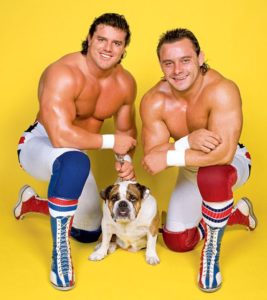 If you watched the WWE (then WWF) in the early 90s then you definitely remember the British Bulldog Davey Boy Smith, most likely for his legendary Summerslam 92 match against Bret Hart. If you watched even earlier, you will remember he was part of the British Bulldogs tag team with his less buff, less fan-friendly cousin the Dynamite Kid.
If you watched the WWE (then WWF) in the early 90s then you definitely remember the British Bulldog Davey Boy Smith, most likely for his legendary Summerslam 92 match against Bret Hart. If you watched even earlier, you will remember he was part of the British Bulldogs tag team with his less buff, less fan-friendly cousin the Dynamite Kid.
I started watching pro wrestling around 1990, but there were plenty of tapes of earlier Wrestlemanias around. I liked the Bulldogs well enough – not as much as the Hart Foundation, but well-enough. Just not enough to read this autobiography by the less popular (but way more talented, seriously, just Youtube his early matches) half.
What made me get Pure Dynamite? The promise of an honest tell-all book in an industry filled with soft-pedalling books full of “eat your vitamins and say your prayers” kind of talk, that’s what. Nary a mention of drugs or steroids even though we all know they were a big part of wrestling particularly in the 90s. Apart from Bret Hart’s book which laid it all on the line, even allegedly honest books like Jericho’s and Mick Foley’s, while being excellent reads for the wrestling fan, didn’t really expose the seedy underbelly of the WWE in the way the gossip fan in me wanted to see. They were also suspiciously light on the self-criticism. Pure Dynamite, I was told, was written by someone with nothing left to lose and thus was the place to go if you really wanted true dirt from that era.
Brutal Honesty?
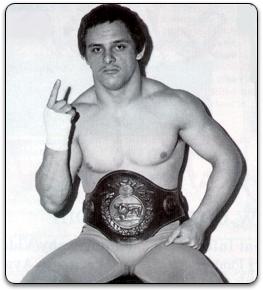 Well, was it? Alas, no, though it is indeed much more honest than most of the other books I’d mentioned. In particular Tom Billington makes no secret of what a horrible, horrible person he was – without meaning to, actually. He’s a sociopath through and through who can’t see what might be wrong with setting someone on fire in a McDonalds. Or cuffing someone for ignoring him. Or beating someone up because they might possibly be angry with him.
Well, was it? Alas, no, though it is indeed much more honest than most of the other books I’d mentioned. In particular Tom Billington makes no secret of what a horrible, horrible person he was – without meaning to, actually. He’s a sociopath through and through who can’t see what might be wrong with setting someone on fire in a McDonalds. Or cuffing someone for ignoring him. Or beating someone up because they might possibly be angry with him.
If you’re interested in reading about wrestling “ribs” i.e. backstage pranks, this is definitely the book for you. Just realize that what Billington considers “ribs” are physical and mental abuse and sometimes outright crimes, stuff that should have landed him in jail 200 times over if anyone had bothered reporting it. Reading it you really wonder if this guy has normal thought processes and feelings, he’s just so amoral and blase about it. This happened and that happened and then I did this (completely immoral) thing.
Billington is also honest about the different drugs and steroids that sent him on his downward spiral. He straight up names those who first gave him speed, where he got his steroids from. What he took, when he took it, why he took it, why he quit both steroids and drugs, the sequence of physical punishments he put himself through that landed him in a wheelchair, it’s all explained frankly and clearly in this book.
Dynamite Kid also wrestled for or with most of the key wrestling figures in Canada, Japan and the USA in the 80s, so his book is a veritable Who is Who of wrestling names. Antonio Inoki, Giant Baba, Andre the Giant, Giant Haystacks, Tiger Mask I and II, Terry Funk and on and on. It seems he tangled with just about everybody who was anybody back then, and he’s not shy to let us know what he thought about all of them.
Spoiler: he thinks the world of all his friends and everyone else sucks. Oh it’s not quite that bad, but there’s a pretty obvious bias towards those he likes while those he dislikes are quickly dismissed with backhand compliments at best. Still, he’s not afraid to name names or criticize even popular wrestlers, so it might be worth it reading Pure Dynamite just to see what Billington has to say about your favorite old school wrestler. The biggest surprise for me was that Vince McMahon was actually portrayed very positively. Guess Dynamite doesn’t want to burn all his bridges, eh?
Dynamite Hypocrisy
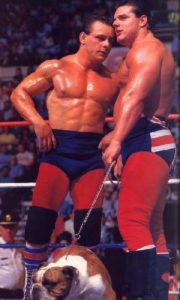 That’s not the only place where Billington is shady and hypocritical, however. It’s particularly glaring if you’ve read the autobiographies of Bret Hart and Diana Hart and know the truth behind the dissolution of Dynamite’s marriage. Billington tries to play it off as “we just grew apart” but his years of abuse and outright torture of his wife are well-documented.
That’s not the only place where Billington is shady and hypocritical, however. It’s particularly glaring if you’ve read the autobiographies of Bret Hart and Diana Hart and know the truth behind the dissolution of Dynamite’s marriage. Billington tries to play it off as “we just grew apart” but his years of abuse and outright torture of his wife are well-documented.
He tries to paint himself as a hero for not contesting the divorce and giving Michelle everything he had, but after the hell he put her through, it’s the least he could have done. And he talks about how proud he is of his children while admitting he almost never saw them and that he got a divorce even before his third child was born. There’s something missing here. It’s hard to call this an honest book when Billington won’t come out and admit the wrong he did to this woman – and to her friends if one particularly lurid anecdote by Diana Hart is to be believed.
Billington is also inconsistent in his preaching about his wrestling philosophy as well. Several times he states that he always tried to give everyone he wrestled with a good match. After all, if you make someone look small and pathetic and beat them, you’ve beaten a nobody. All good and nice advice, but in between the philosophizing he also recounts at least two incidents where he and his partner intentionally no sold opposing tag teams (the Nasty Boys and Los Guerreros) for no good reason. There’s really no reason, he just didn’t like the look of them so he was a jerk. That’s a pattern you’ll see a lot throughout this book.
You will also have a lot of unanswered questions at the end of his book, particularly regarding his finances. He’s very diligent to record much of what he made from his tours and matches, e.g. $6,200 for a one week tour with NJPW, $10,000 for a commercial, and so on and so forth. But then suddenly he’s broke and returns to England with less than $30 in his pocket. Wait, what? What happened to all that money? Drugs? Women? (of whom there are suspiciously few in his account) Bad investments? He mentions buying a house for $200,000 cash and having some land, but where did all the rest of the money go? Again it’s hard to call his book “honest” when it has such glaring gaps in the narrative.
Cautionary tale for wrestlers
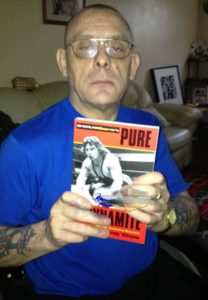 As the summary says “Pure Dynamite is as much a cautionary tale as it is a glimpse into the world of a wrestling legend.” I don’t think Billington meant it as such, though. He himself says he wouldn’t change a thing if he had to do it all over again. He speaks approvingly of “hard” fighters, i.e. fighters who hit you for real and dismisses wrestlers who didn’t want to work dangerous styles or with dangerous wrestlers. With all due respect, the results show for themselves.
As the summary says “Pure Dynamite is as much a cautionary tale as it is a glimpse into the world of a wrestling legend.” I don’t think Billington meant it as such, though. He himself says he wouldn’t change a thing if he had to do it all over again. He speaks approvingly of “hard” fighters, i.e. fighters who hit you for real and dismisses wrestlers who didn’t want to work dangerous styles or with dangerous wrestlers. With all due respect, the results show for themselves.
It’s almost funny how oblivious he is to the fact that he’s a walking advertisement for not doing the things he did. At a point where his own body is almost completely broken down, he criticizes Davey Boy Smith for not wanting to get hurt. It’s like, duh? Look in the mirror first?
And this book came out before the Chris Benoit tragedy, so his praise of Benoit for aping the Dynamite Kid’s style comes across all the more as “Don’t try this at home, kids.” I think fans who don’t like the WWE’s present safer working styles and wellness policies will rapidly change their minds when they see the toll unsafe practices took on Tom Billington. It’s definitely a “cautionary tale” whether Billington means it to be or not.
On the quality of the book itself
 Last few notes on the book – this review is longer than I’d expected – for better or worse it definitely feels like something Billington wrote himself, even though I know there was a ghost writer. That means a lot of typos, inconsistent spellings and quite a bit of repetition.
Last few notes on the book – this review is longer than I’d expected – for better or worse it definitely feels like something Billington wrote himself, even though I know there was a ghost writer. That means a lot of typos, inconsistent spellings and quite a bit of repetition.
It suffers from quite a bit of disorganization and rambling before getting back to the point. Your mileage may vary on this, since it does have a genuine feel of listening to the Dynamite Kid recount his life. A little more editing, cutting out the hundreds of prank stories and “I wrestled this guy” stories and more explanation of his life outside the ring would have really raised the level of this book.
This especially applies to his family in England. His dad shows up prominently but the rest of his family is like a shadow. His mother and his sisters almost never appear. It’s not so much that I want the nitty gritty of his private life, but it’s a very incomplete autobiography when most of the stuff you would expect from such a book are either covered up or completely ignored.
Another ‘mileage may vary’ issue is that many of the matches are written in “kayfabe,” as if the outcome of each match was ever actually in doubt. There are matches where this isn’t the case and Dynamite shows the decision-making process, but the bulk of the matches are written up like they were real fights. For me this wasn’t a problem at all and was actually very interesting to read, but I’ve seen complaints about it online so I just throw this out there. YMMV.
Final thoughts
Pure Dynamite is worth a read on one hand, but on the other hand it’s kind of hard to recommend this book. It’s invaluable for its frank look at the excesses of the 80s Rock n Wrestling era. It’s also useful if you’re the nosy type and want to know how much wrestlers typically made in those days – a lot if you were at the top and a good negotiator.
The problem is the subject, Tom Billington. He is just so, so unpleasant. A lying, unrepentant jerk that it’s really hard to feel sorry for despite all he’s going through now. Not that he wants or deserves your pity, of course. But you will come away with a bad taste in your mouth. Overall I’d say read it if you’re a fan of that era but definitely skip it if you’re not. It makes me grateful the WWE has changed so much these days, even though it does mean the angles and matches are so boring that I can’t watch it any more. At least lives are being saved, and that’s what matters.
 Based on that, I think two episodes of the show is enough. Maybe I will google around and find out what the Time Retrograde Army is really after, but TBH I don’t really care. At least now I’m familiar with the main characters in the show, which should be enough for me to understand the GBF collab.
Based on that, I think two episodes of the show is enough. Maybe I will google around and find out what the Time Retrograde Army is really after, but TBH I don’t really care. At least now I’m familiar with the main characters in the show, which should be enough for me to understand the GBF collab.


